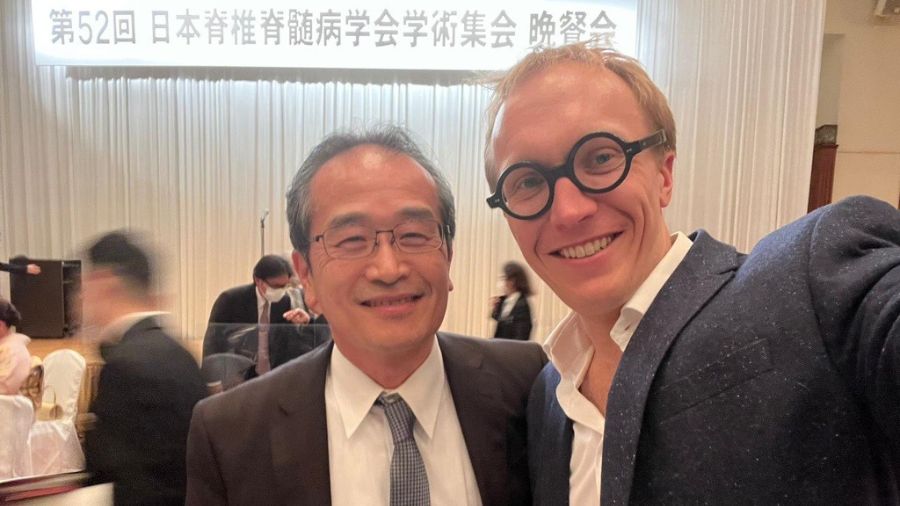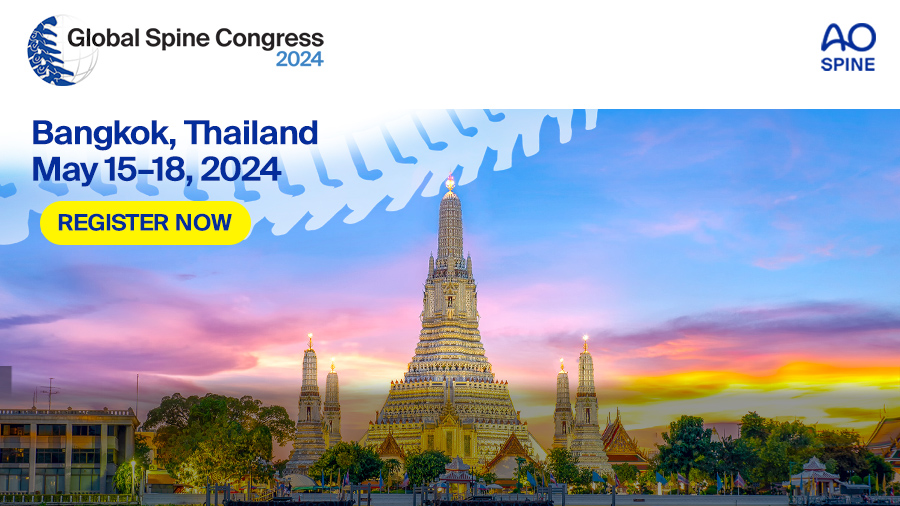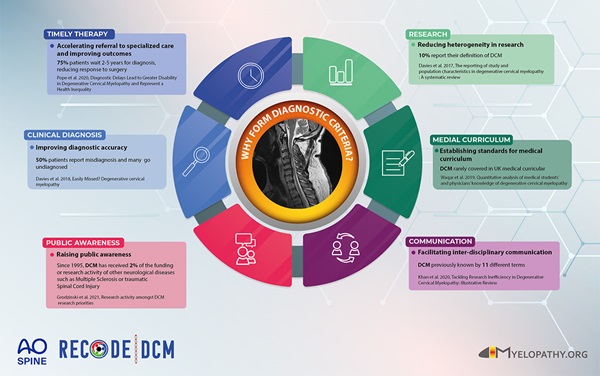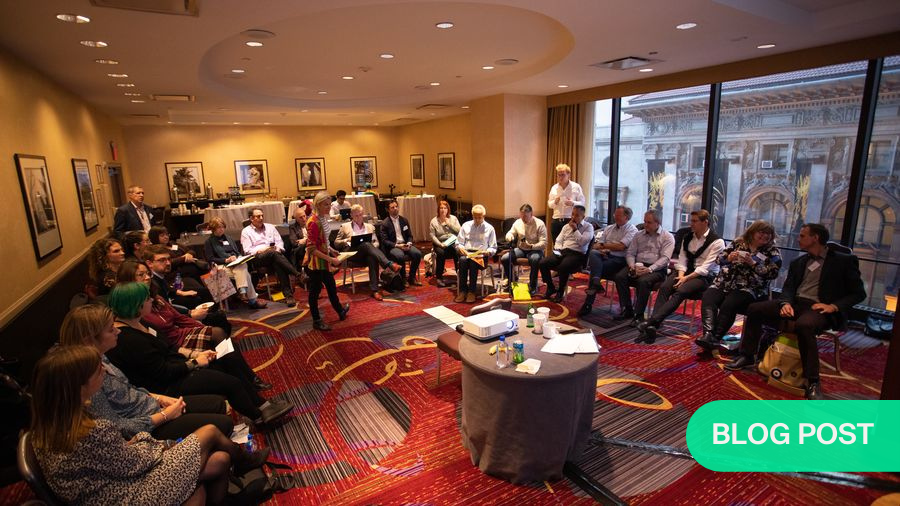AO Spine continues to advance the field of Degenerative Cervical Myelopathy research through an incubator program
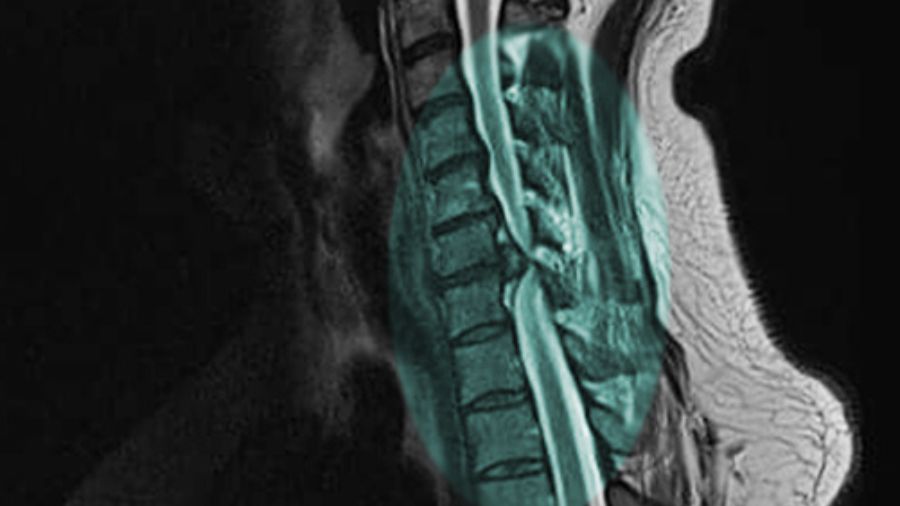
Degenerative Cervical Myelopathy (DCM) has been a research priority of the AO Spine KF SCI for seven years. The recently completed AO Spine RECODE-DCM project will continue as an incubator program for the global community to join the effort. The program itself will be handed over to Myelopathy.org, and a 'think tank for myelopathy' will synergize research keeping it relevant. We invite you to join in the effort to implement the study findings and deliver meaningful advances with direct impact on patient outcomes.
The AO Spine RECODE-DCM Steering Committee brought together a global group of ambassadors with a special interest in DCM for a rigorous process and identified the research priorities which could turn the needle in the field if addressed. The Steering Committee led working groups to pilot three of the most important topics, which is how the incubator program was initiated. The incubators consist of experts from a range of professional backgrounds alongside people with lived experience of DCM.
Natural History, Diagnostic Criteria, and Perioperative Rehabilitation
The Steering Committee led the incubators on Natural History (examine what influence the natural history of the disease and the relationship between DCM and asymptomatic Spinal cord compression), Diagnostic Criteria (form diagnostic criteria with the ambitious goal to foster improved diagnosis accuracy, timely therapy, reduce heterogeneity in research, establish standards for medical curriculum, facilitate inter-disciplinary communication and ultimately raise awareness for degenerative cervical myelopathy), and Perioperative Rehabilitation (to better understand and create guidelines for non-surgical care).
The three topics we selected after consulting the initial RECODE-DCM community on what most resonated with their interests and which questions were most suitable to progress through expert opinion. Davies reminds of the growing prevalence of DCM and points out, "since 1995, there is a shocking mismatch of funding of studies for much rarer conditions than DCM, such as Multiple Sclerosis or Motor Neuron Disease."
Natural history is extremely relevant to the surgical community; understanding the natural history of patients will help the surgeons decide when to operate, especially when treating patients with mild symptoms. Many patients wait for years to receive a diagnosis, and clear diagnostic criteria will allow timely therapy. DCM is non-reversable, and once the damage is done, you cannot turn back time. There is very little known about the role of rehabilitation, so the group decided it's time to focus also on these guidelines or strategies.
Incubators cross borders for Degenerative Cervical Myelopathy
Crucially, each incubator’s members represent at least four out of five AO Spine regions, exchanging perspectives and increasing synergy internationally. “Research often does not cross borders,” says Manabu Ito, orthopaedic spine surgeon from Japan and a member of the Natural History incubator. “When we work together, we can progress faster and more effectively for our patients.”
The Natural History Incubator is chaired by James Harrop from USA, and co-chaired by Aria Nouri from Switzerland. Nouri does not believe you can offer patients the best treatment options without understanding the natural history of DCM. "This is an extremely heterogeneous problem; you might see one patient with extreme spinal cord compression and cord signal abnormality displaying no symptoms, and another patient with minimal radiographic problems but severe myelopathy.”
The Diagnostic Criteria Incubator is chaired by Michael Fehlings from Canada and Lindsay Tetreault from USA. Early diagnosis is challenging for health professionals, but life-changing for individuals with DCM. After a systematic review of the literature and consultation with patients, the group published a publication detailing the clinical signs and symptoms that all healthcare professionals need to be aware of in order to make a secure diagnosis. Input from people who have experienced this condition first-hand has been crucial, as one of the incubator leadership members, Ricardo Rodrigues-Pinto from Portugal, reminds: “The opportunity to work not only with this amazing team of clinicians, but also patients, keeps reminding me how important it is to go back to the basics of clinical diagnosis and patient-centered care, especially in times of artificial intelligence.”
The Perioperative Rehabilitation Incubator is chaired by Professor Chad Cook from USA, who took over from Mark Kotter, Principal Investigator of RECODE-DCM from UK in 2022. Kotter’s motivation for forming the incubator was the alarming lack of research: “Many individuals with DCM undergo rehabilitation; I often prescribe it for my patients. However, currently there is literally no evidence on which I can base this decision.” Cook now brings his physical therapy expertise to chair, expanding the team's representation in all disciplines of patient care, including nursing, mental health, and occupational therapy.
The group is preparing to publish guidelines for pre-, peri-, and postoperative care. All publications will be published open access, to share the results widely, addressing not just to healthcare professionals but also patients, who have a strong desire for more education and support. Cook brings up the importance of managing expectations for people living with DCM: “People with lived experience have mentioned that it was often a black box and that they didn't know quite what to expect. Educational support for people with DCM will be a key outcome of this project."
A multidisciplinary think tank for Degenerative Cervical Myelopathy
Fehlings emphasizes that DCM requires multidisciplinary input: "Surgical and nonsurgical clinicians, basic and clinical scientists, health care advocates and funders, and people with lived experience all have the opportunity to partner.” In the future, the RECODE-DCM group plans to create more incubators to tackle all ten priorities, as funding and research activity is stimulated. The recent uplift in publications (for example, the 2022 Special Issue in Global Spine Journal) is a promising sign. The upcoming Global Spine Congress 2023 will see Michael Fehlings, Aria Nouri, Allan Martin, Jefferson Wilson, Ricardo Rodrigues-Pinto, and Mark Kotter host a Symposium on the initiative. They will address the unresolved concerns, including management of asymptomatic cord compression, predictors of progression, and surgical complications and decision-making.
DCM is a lifelong condition in which spinal surgery is only a small, albeit significant, part. Surgical decompression is currently the only disease-modifying therapy; however, there is much room for improvement, and this is recognized in the research priorities. With the creation of the research toolkit, AO Spine has drawn a map for meaningful inroads. DCM remains a priority for AO Spine, and new projects utilizing the research toolkit and the identified research priorities are in the pipeline.
As for the RECODE-DCM initiative, Myelopathy.org, the world’s first charity dedicated to DCM, will manage the next steps. Davies and Kotter founded Myelopathy.org in 2019, along with Iwan Sadler, and their mandate is to address raising awareness of DCM throughout the research and healthcare communities and the general public. Kotter says “the biggest bottleneck at present is awareness and recognition of DCM, even amongst health professionals who are actually involved in the treatment.”
AO Spine will work in partnership with the charity, while handing the incubator program over to Myelopathy.org. Davies explains: “AO Spine is a surgeon organization, but the incubator program requires broad multidisciplinary involvement. We need to reach those involved in education, diagnosis, and care outside the operating theatre. The patients are the experts in this heterogeneous long-term condition. Myelopathy.org can provide a combination of lived experience and professional experience, where we can nurture cross-pollination of ideas and translation of knowledge.”
RECODE-DCM will act as a think tank for myelopathy, synergizing research and keeping it relevant. To form or join an incubator, please contact Ben Davies at ben@myelopathy.org. To learn more about the incubators listen to the Myelopathy Matters podcast.
You might also be interested:
AO Spine KF symposia at the GSC
AO Spine Knowledge Forums will moderate multiple symposia and share their latest knowledge at the GSC.
New toolkit for DCM research
AO Spine Knowledge Forum Spinal Cord Injury toolkit helps make DCM studies robust, comparable, and focused on the most relevant open questions.
AO Spine RECODE-DCM
Watch the latest videos and find all the details of the study and its outcomes.
Innovation in spine surgery
Ben Davies considers the role of diversity in developing and applying new approaches as a part of a surgeon's role with the example of DCM.


